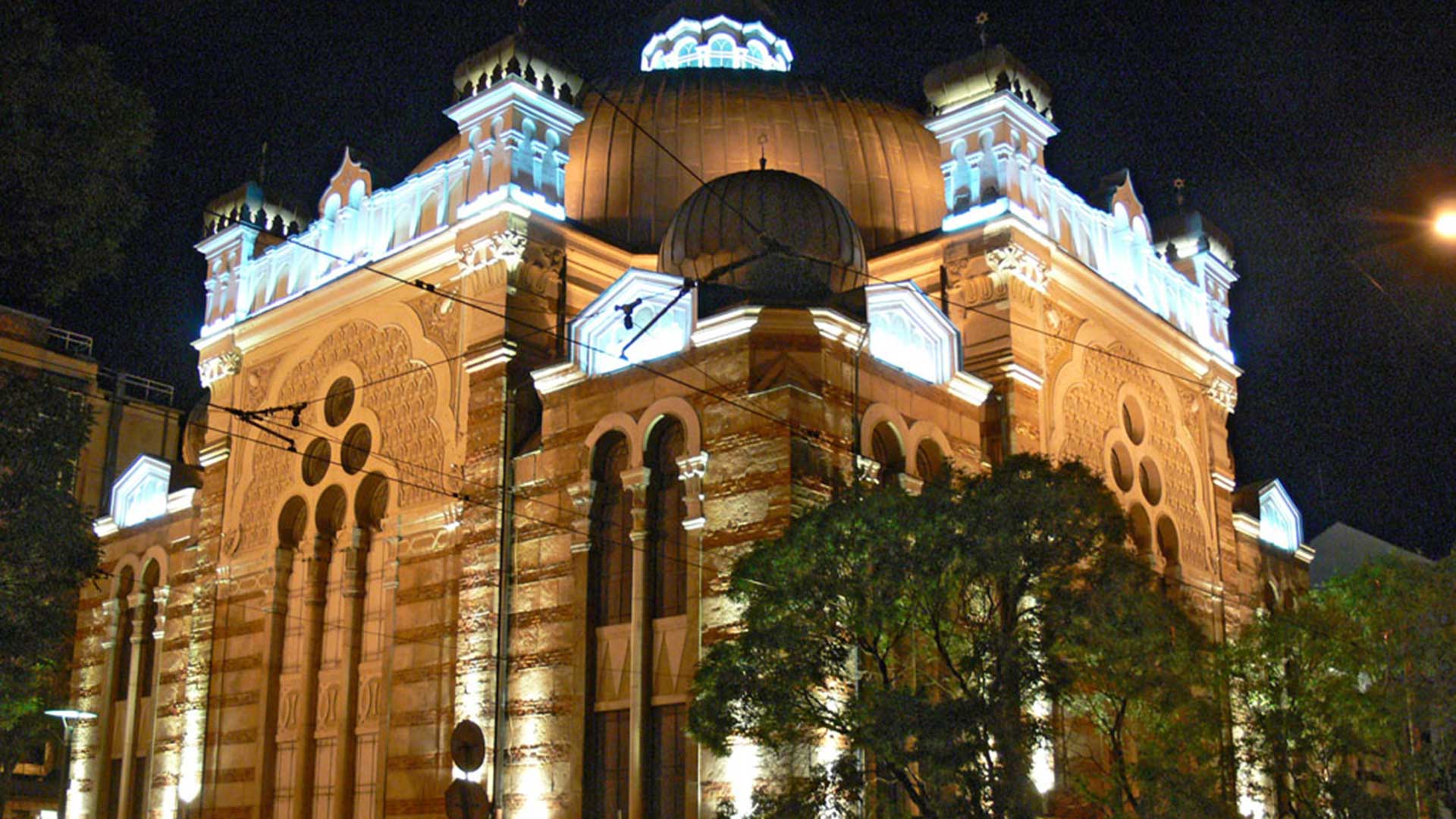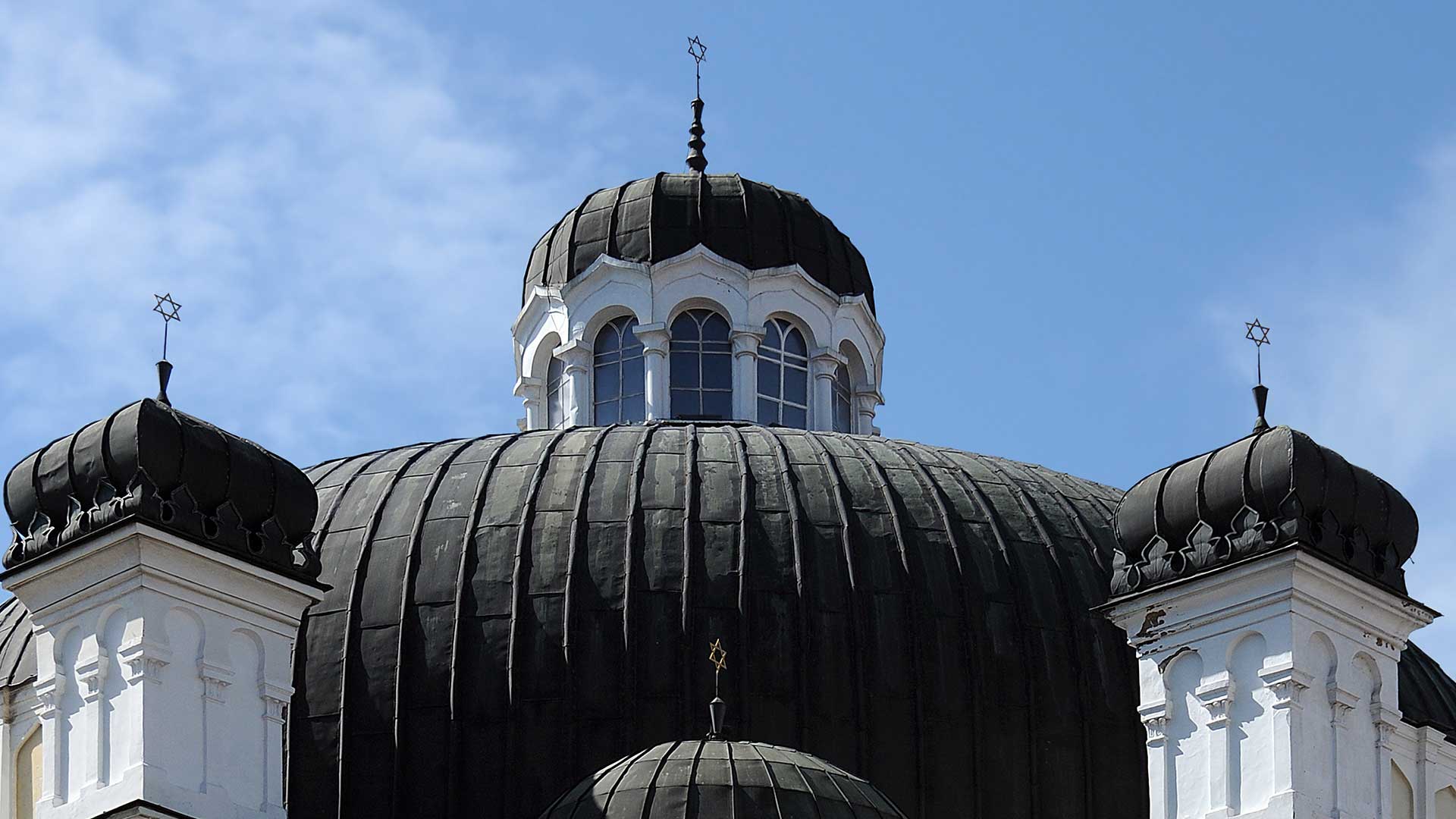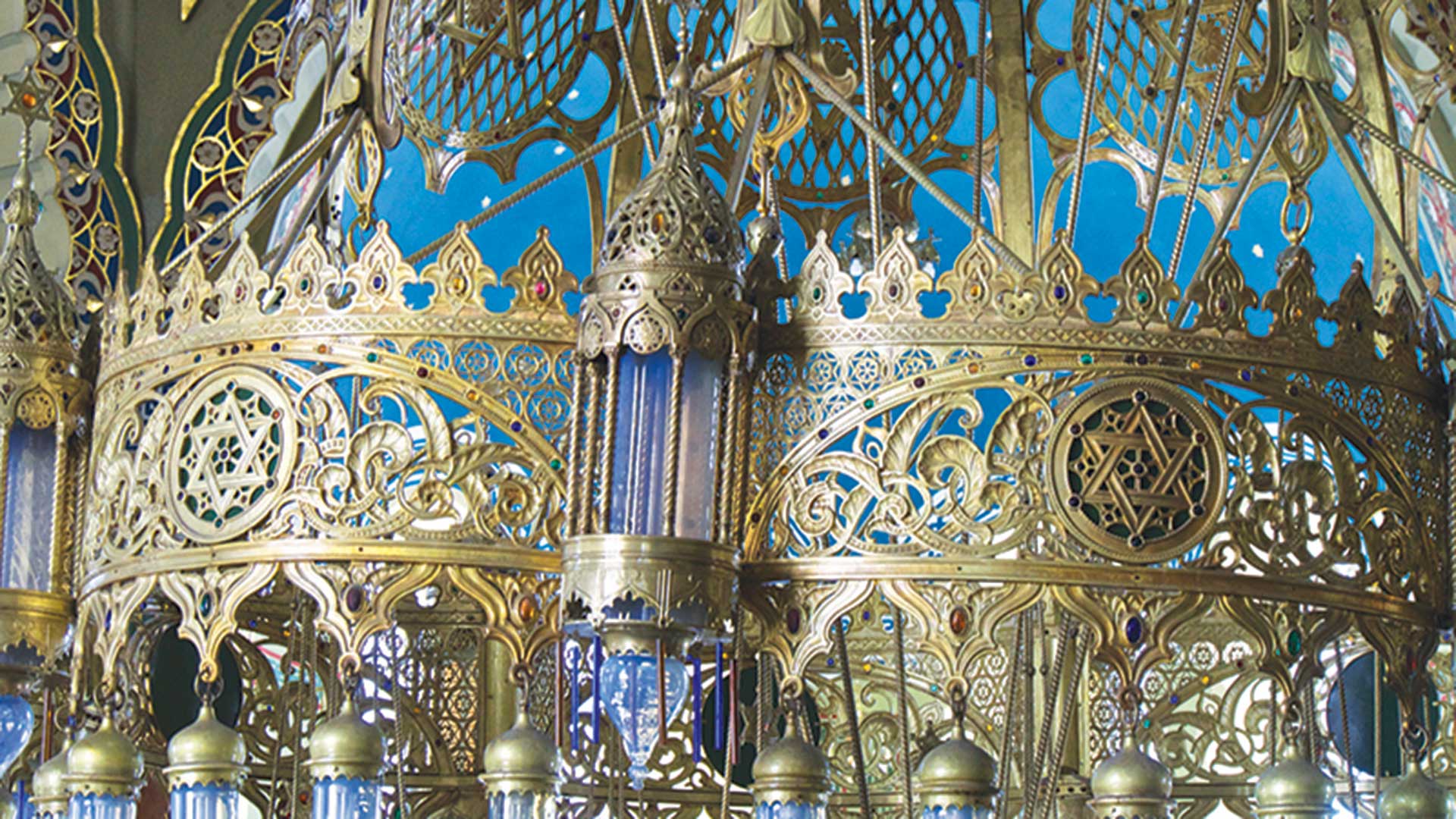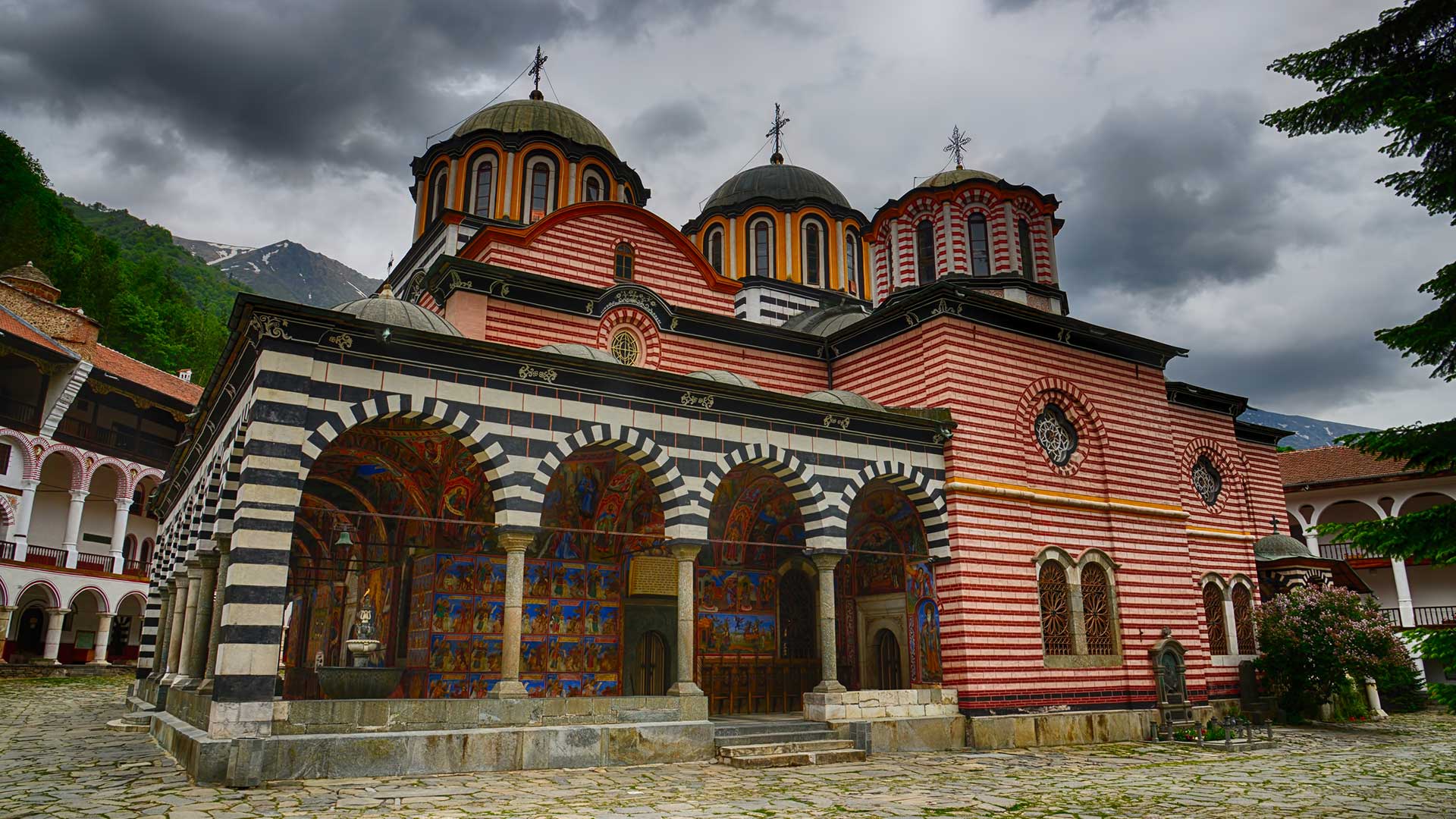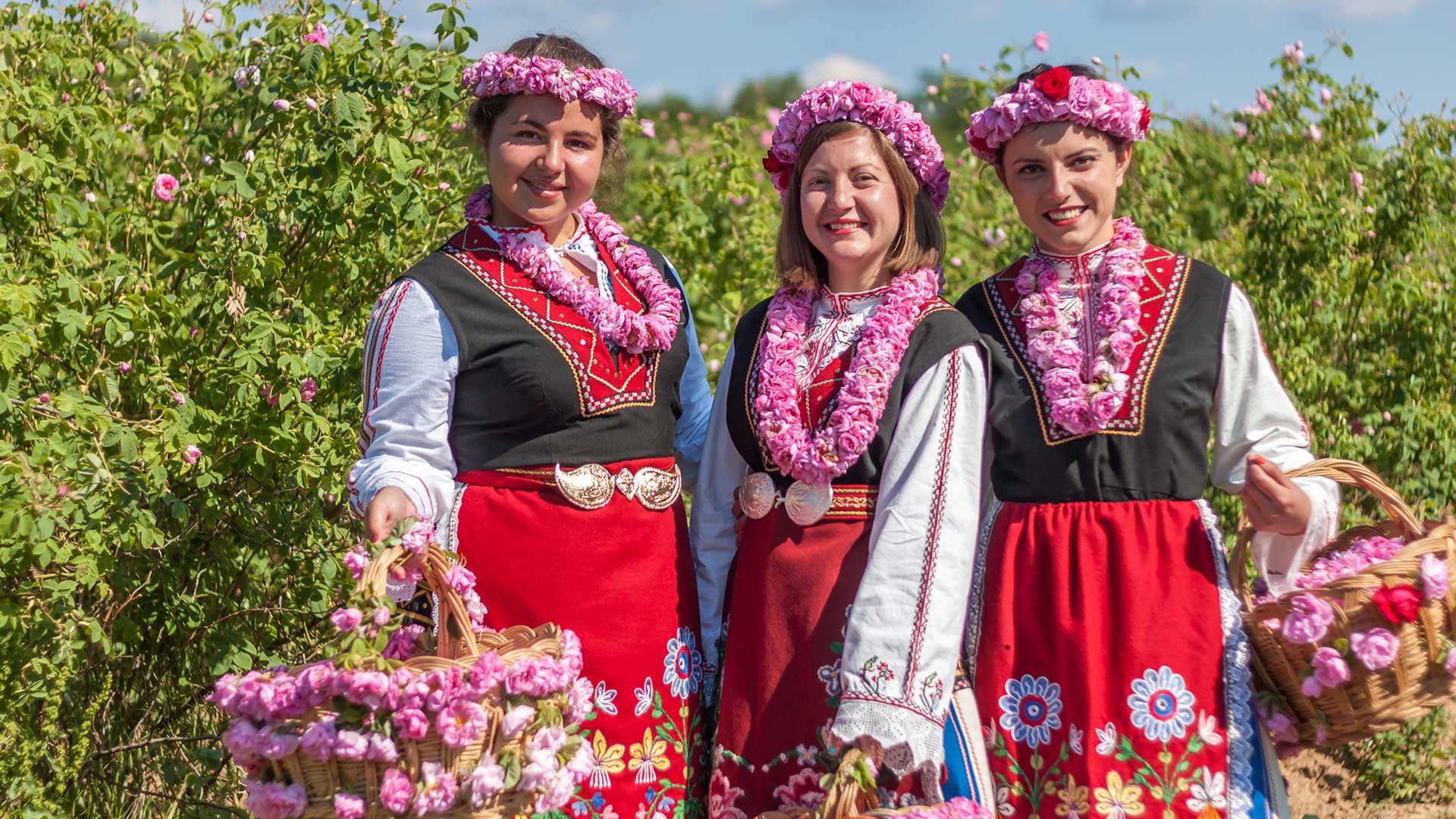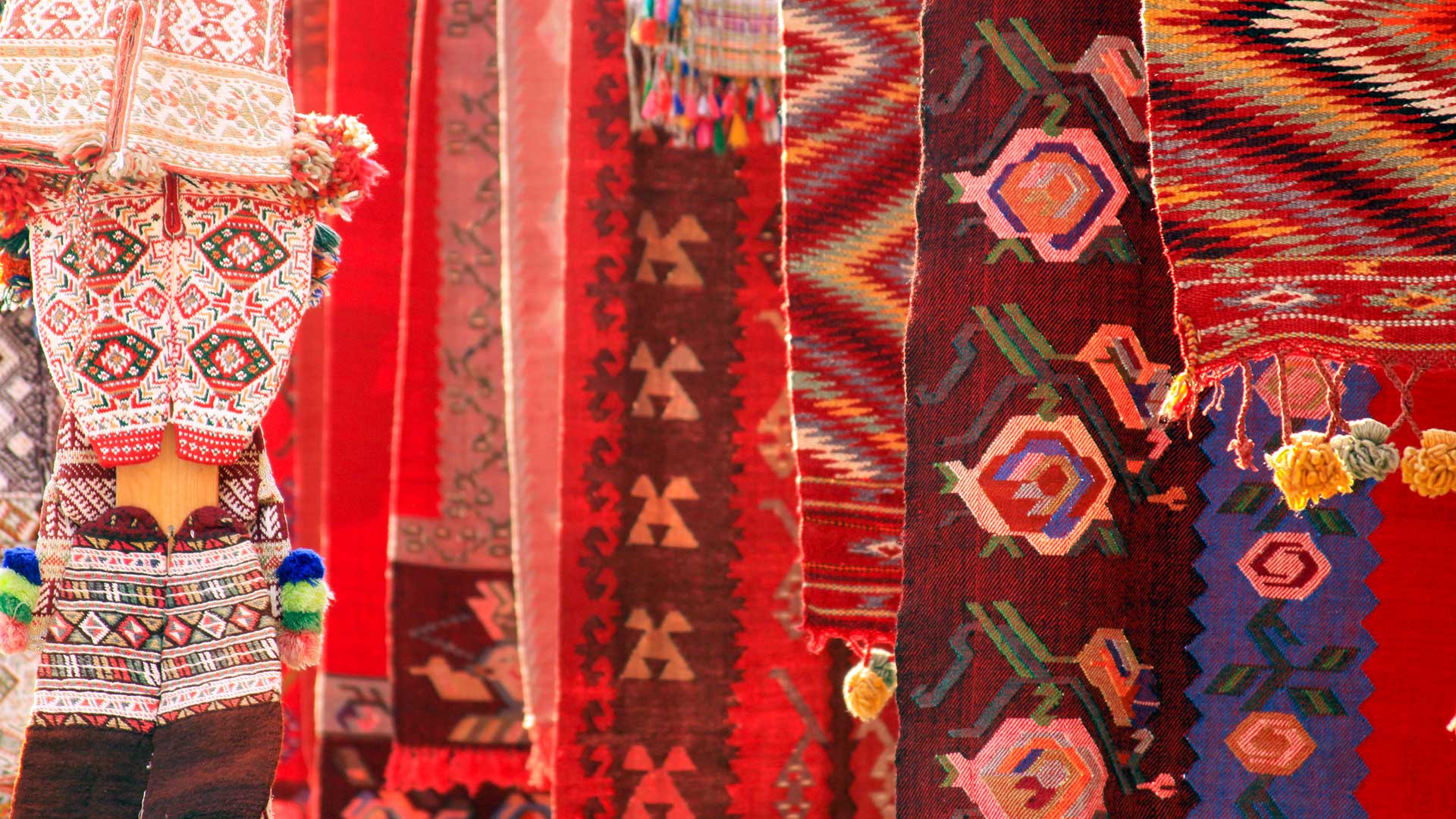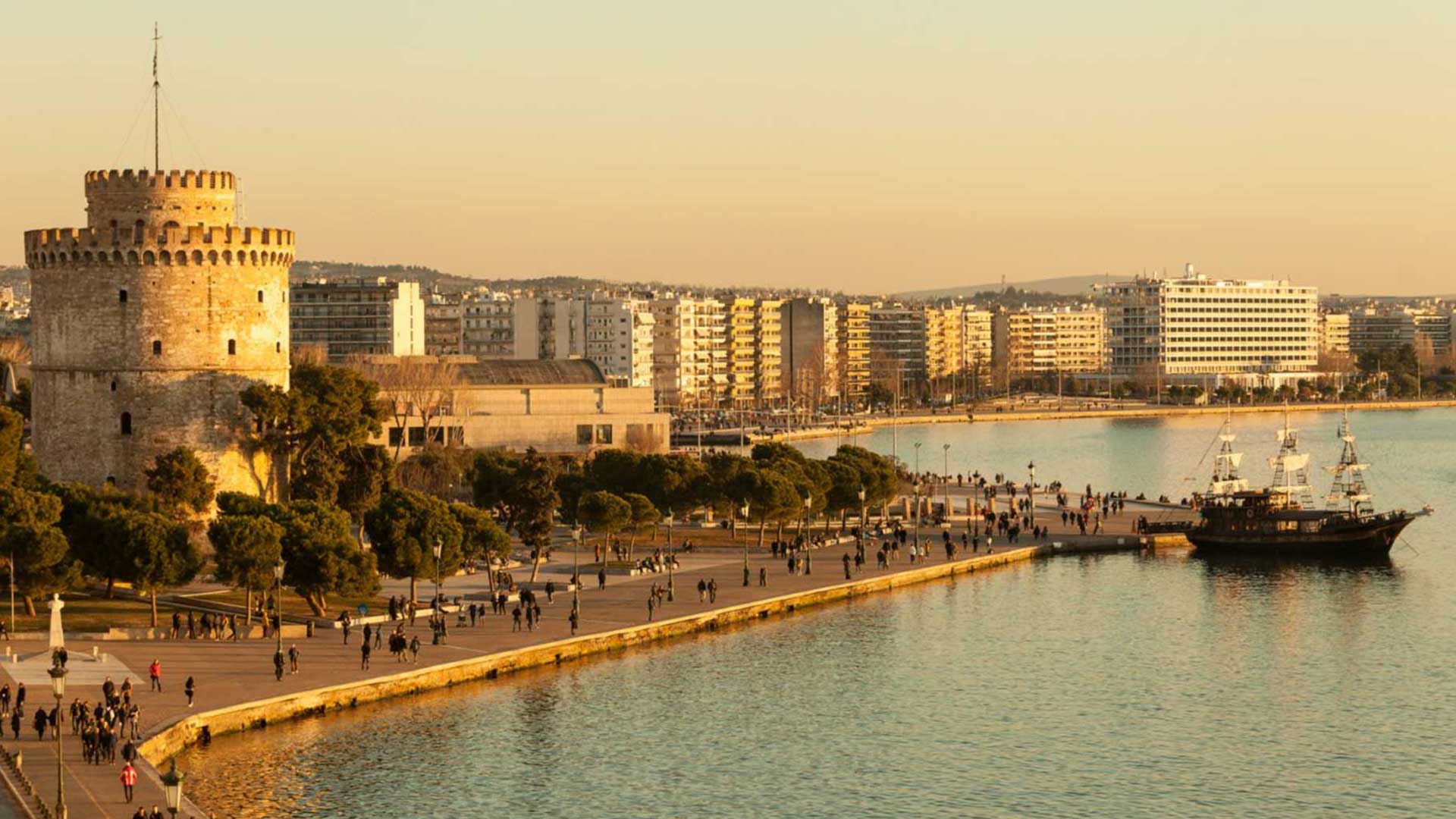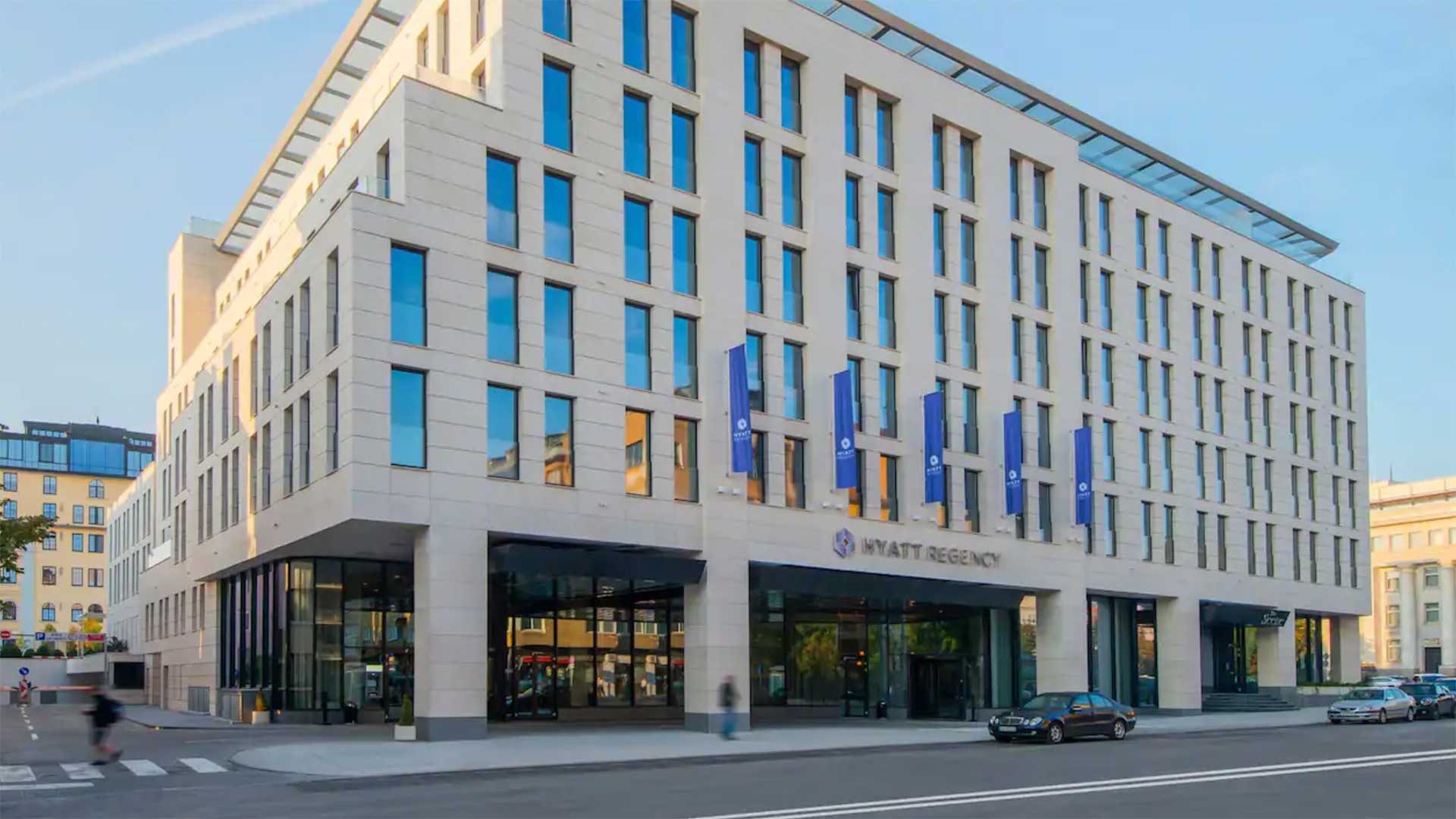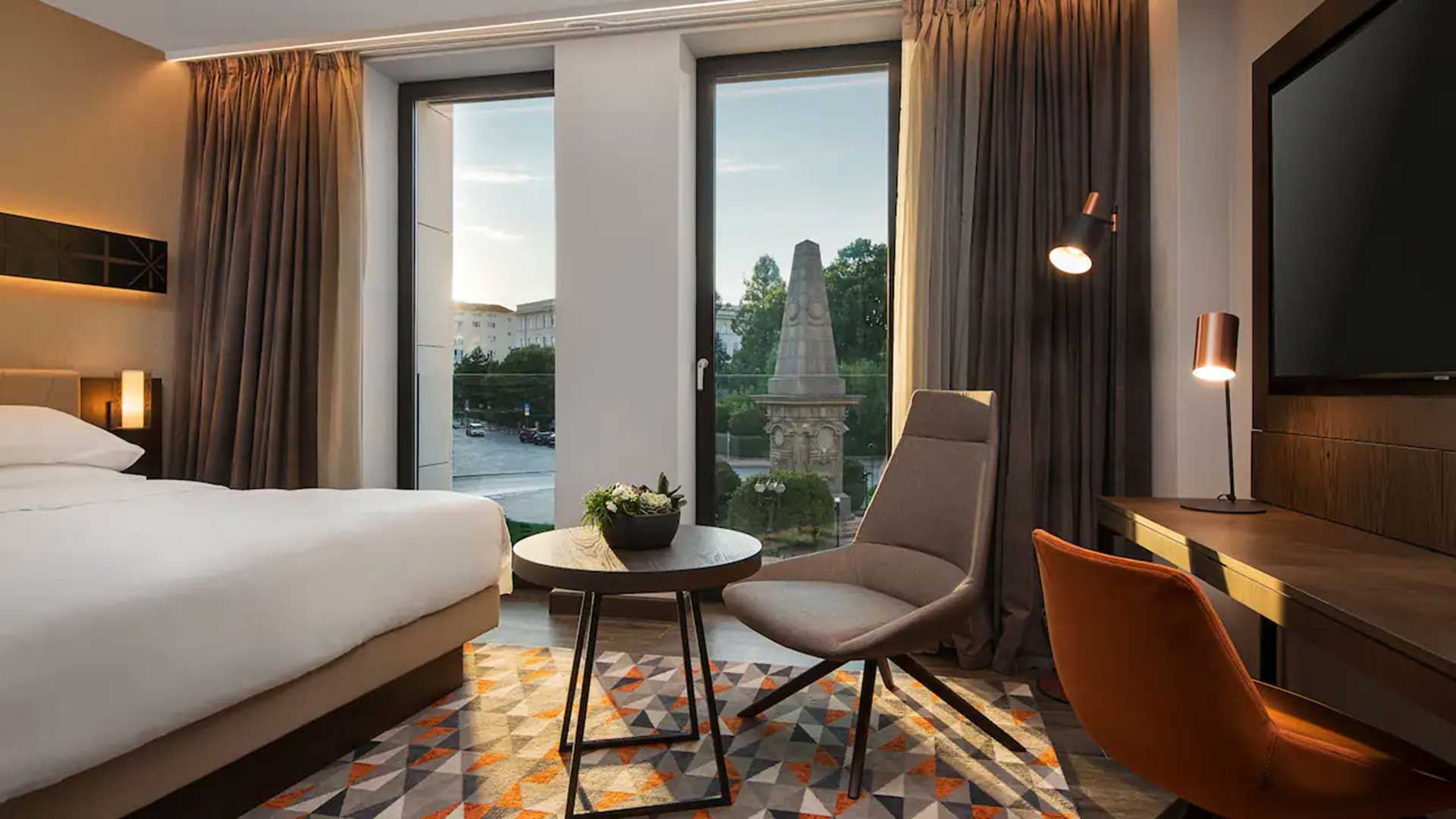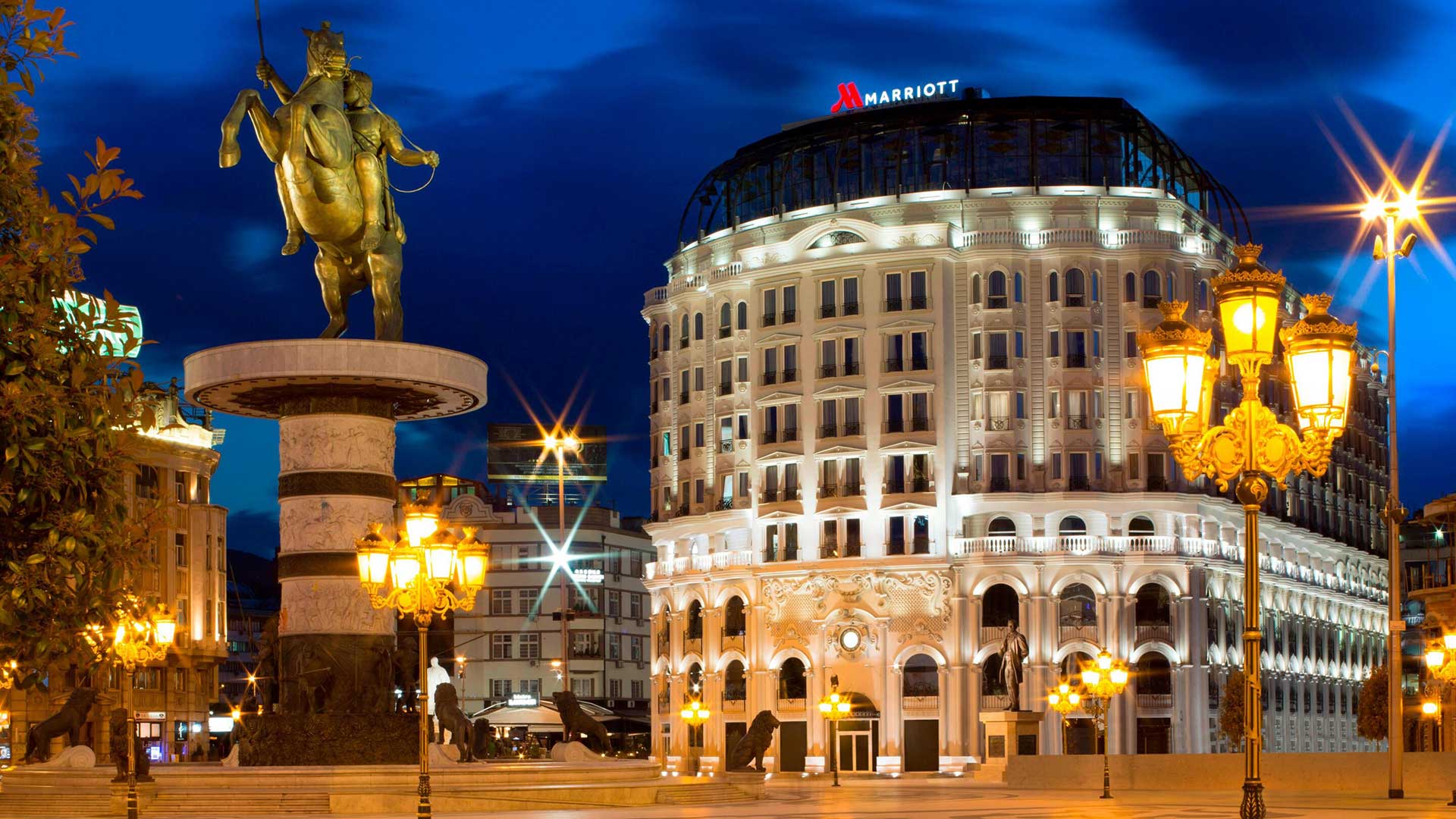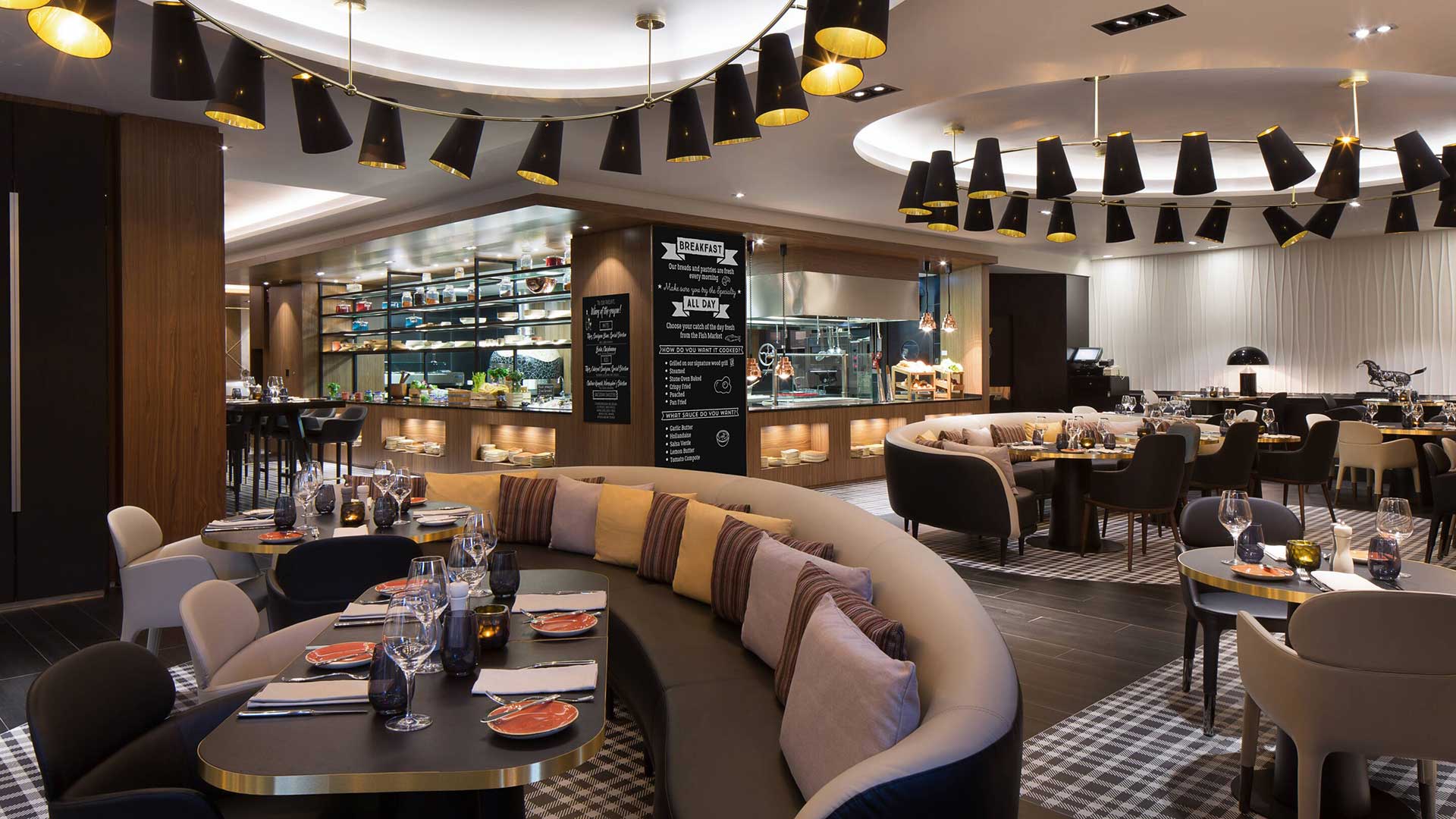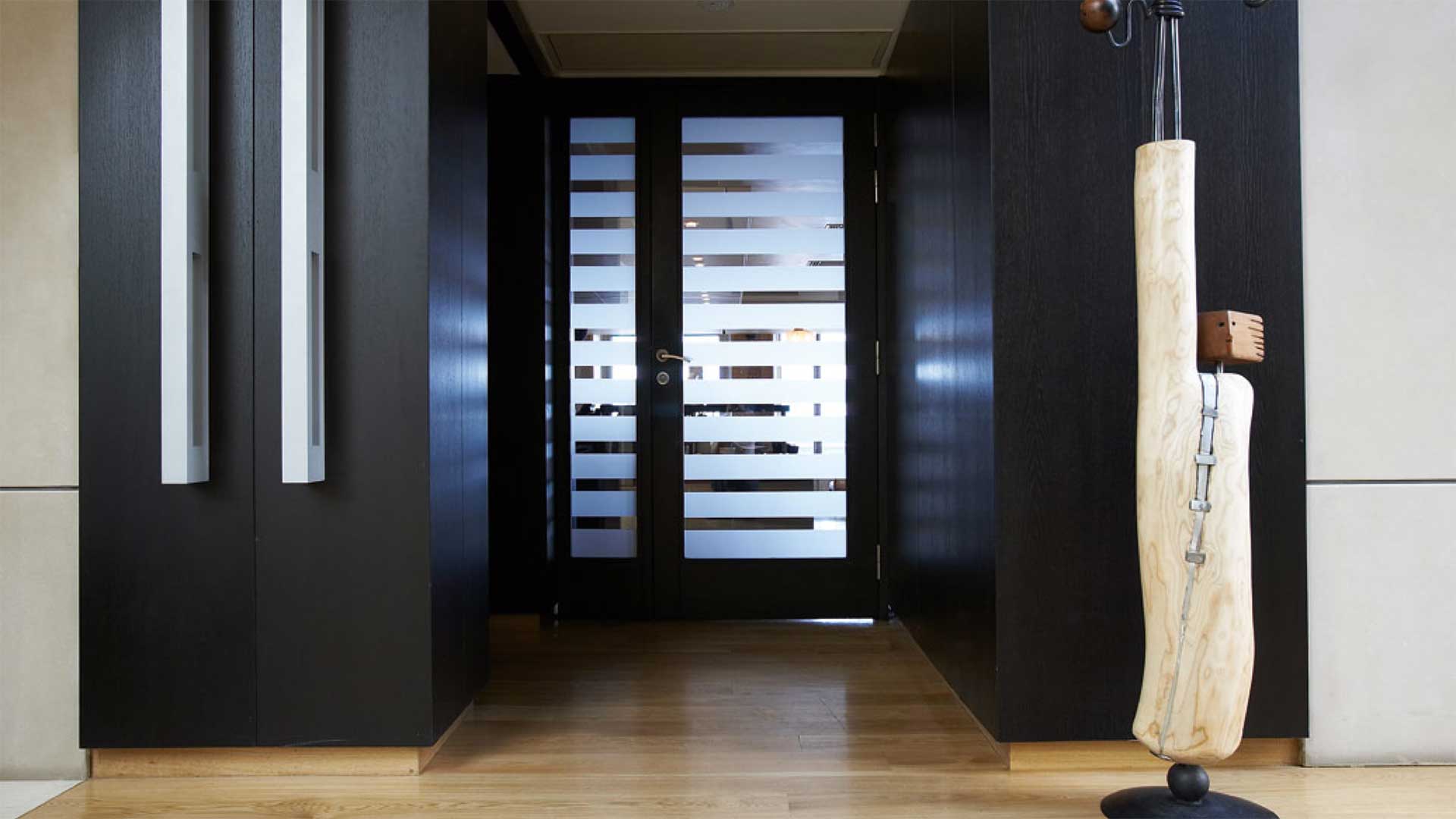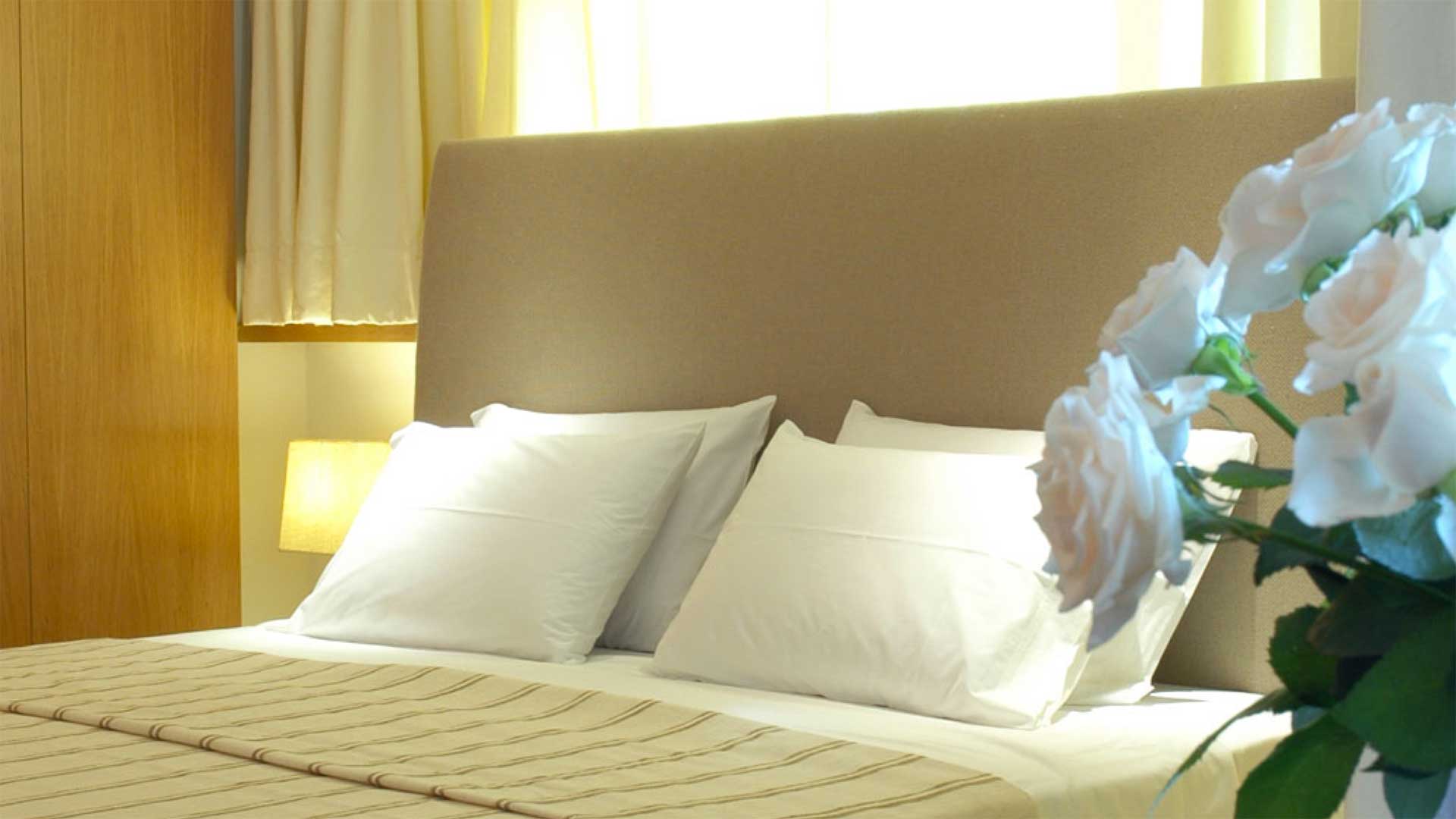Overview
Jews have lived in the Balkans since Roman times, primarily Sephardic Jews who arrived following the expulsion from Spain in 1492. Over the next 500 years, Sephardic culture — songs, cuisine, Ladino (Judeo-Spanish language), customs, and folklore — defined the Jewish communities of Bulgaria, Macedonia, and Greece.
Trace this rich tapestry of community and culture with us. In Sofia, we will meet with leading members of the Jewish community, visit its magnificent synagogue, enjoy day-long outings to Plovdiv and the Rila Monastery, and tour other sites of interest, including Sofia’s Old Town and Alexander Nevsky Cathedral. We’ll continue to Skopje, capital of Macedonia, and see its Holocaust Memorial Center and the Beit Yaakov Synagogue in the Jewish community center. We will have ample time to stroll through the cobblestone streets of its old bazaar. In Thessaloniki, once dubbed the “Jerusalem of the Balkans” and known as Salonika until 1937, we will be hosted by the local Jewish community. We will visit the city’s two synagogues and the important Jewish Museum of Thessaloniki. We will learn about the tragic fate of Salonika’s Jews during the Holocaust and see other important sites, including the Jewish Museum and the tomb of Alexander the Great’s son, Philip II.
Throughout our stay in Bulgaria, we will enjoy lectures on the Jews of Bulgaria by scholar and guide Dr. Joseph Benatov. In Greece, our guide and expert will be Hella Kounio-Matalon, whose research has focused on the history of Jewish life in Macedonia and Salonika. During the course of our trip, we will experience spectacular countryside, enjoy deluxe accommodations, and have the opportunity to meet members of the local Jewish community.
Highlights
- 11 nights of deluxe accommodations in Sofia, Skopje, and Thessaloniki
- Tours of Bulgaria’s National Historical Museum, the Ethnological Museum, Museum Trakart, the Dimitar Peshev museum, the Holocaust Memorial Center for the Jews of Macedonia, the tomb of Philip II of Macedonia, and the Thessaloniki Archaeological Museum
- Walking tours of Sofia’s Old Town and Independence Square, Skopje’s old market, Thessaloniki’s synagogue, Old Market, and more — including the White Tower
- Presentations and discussions with local scholars, including Joseph Benatov, director of the modern Hebrew language program and associate director of the Jewish studies program at the University of Pennsylvania
- A visit to Barbouta, the preserved Jewish quarter of Veria dating back to the mid-1800s
Itinerary
Wednesday, June 21 | Sofia
We’ll arrive at the modern Hyatt Regency Sofia on Vasil Levski Square, within walking distance of many of Sofia’s cultural institutions. In the evening, we’ll get to know one another and meet our scholar and guide, Dr. Joseph Benatov, PhD, a teacher at the University of Pennsylvania and prominent member of the Bulgarian Jewish community. Dr. Benatov will give a short overview of our trip and some historical context for the sights we will soon see, followed by dinner at the hotel (included).
Thursday, June 22 | Sofia
Dr. Benatov will take us on a walking tour of Sofia that will include the Old Town; Independence Square; Alexander Nevsky Cathedral, built in memory of the 200,000 Russian soldiers who died fighting for Bulgaria’s independence during the Russo-Turkish war; the Banya Bashi mosque, built by the Ottomans in the 16th century; and the city’s famous covered market. We’ll break for lunch on our own before visiting the “pride of the Bulgarian Jewish community,” the beautiful Sofia synagogue, which includes the temple itself, a library, and a museum of Bulgarian Jewry.
That evening, there will be a presentation by Dr. Benatov: “A History of Jewish Life in Bulgaria,” covering his country’s rich Jewish heritage from the arrival of Sephardic Jews in the 15th century to the survival of 50,000 Bulgarian Jews during the Holocaust. We’ll have dinner afterward on our own.
Friday, June 23 | Sofia and Plovdiv
We’ll board a luxury coach with oversized windows for clear views of the countryside as we ride to the nearby ancient town of Plovdiv — “The City of the Seven Hills,” the cultural capital of Bulgaria, and the oldest continually inhabited city in Europe with archaeological remains that date back to 4,000 BC. We’ll visit the Ethnological Museum and its collection of over 60,000 pieces — including copper vessels, weapons, and costumes across the Bulgarian ethnic territory — before touring the ancient Roman theatre of Philippopolis, one of the most well-preserved ancient theaters in the world, constructed in the 1st century AD during the reign of Domitian. After lunch (included) at one of Plovdiv’s authentic Bulgarian restaurants, we’ll visit The Bishop’s Basilica of Philippopolis and view the rich, magnificence of the ancient Roman mosaics, followed by the Plovdiv Synagogue in the historical Jewish neighborhood “Orta Mezar,” the only synagogue in the country besides the Sofia synagogue.
We’ll return to our hotel in Sofia before reuniting that evening for a festive Shabbat dinner in the city.
Saturday, June 24 | Sofia
The day will be free for us to rest, attend services at the Sofia synagogue, or explore the city on our own. Dr. Benatov will organize an optional visit to one of Sofia’s museums and will give a presentation later that evening: “How the Bulgarian Jews Survived the Holocaust.”
Sunday, June 25 | Sofia—Rila Monastery
In the morning, we’ll again board our luxury coach to travel to the Rila mountains for a guided tour of the Rila Monastery. Founded in the 10th century by St John of Rila, this still operating monastery is the spiritual center of Bulgaria and one of its most important architectural sights. After we return to Sofia, Dr. Benatov will give his final presentation, “Sephardi Vignettes from the Balkans,” before we have dinner on our own.
Monday, June 26 | Sofia and Skopje
We will leave Sofia for Skopje, stopping in Kyustendil to see the Dimitar Peshev museum, former home of the Deputy Speaker of the Bulgarian National Assembly who publicly stood up against the planned deportations of the Bulgarian Jews in 1943. Our visit will include a private talk with the museum’s curator. We’ll stop for lunch (included) before arriving at the 5-star Skopje Marriott hotel, right in the heart of the city on Macedonia Square, where we will have dinner (included).
Tuesday, June 27 | Skopje
We will visit the Jewish community of Skopje and the Beit Yaakov Synagogue, which opened on the top floor of Skopje’s Jewish community center in 2000. The sanctuary is a simple room, decorated with modern stained-glass windows illustrating Jewish symbols. Afterward, we’ll have a walking tour of Skopje’s old market and the Holocaust Memorial Center for the Jews of Macedonia, which officially opened in 2011, exactly 68 years after the German forces deported the Macedonian Jews to the Treblinka extermination camp. The center is located in the former Jewish Quarter of Skopje, once the hub of Jewish life in this city.
The afternoon and evening are free for you to explore Skopje’s Dardanian and Roman-era archaeological sites or “blocky” Brutalist structures of the Yugoslav era. (For those ready for a bit of a climb, the Fortress Kale is in the center of town, on the left bank of the river Vardar.)
Wednesday, June 28 | Skopje and Thessaloniki
We will head out for the beautiful port city of Thessaloniki, stopping in Vergina for lunch (included) and a private guided tour of the tomb of Philip II of Macedonia (a UNESCO World Heritage site) and new museum. Our guide will be Eugenia Koukoura, a lecturer and historian of ancient Greek history. We will then visit Veria — referenced in the New Testament — where the Jewish community graciously received Saint Paul at its synagogue. This was a Romaniot community — a Greek-speaking ethnic Jewish community native to the Eastern Mediterranean and one of the oldest Jewish communities in existence. The almost completely preserved Jewish quarter, called Barbouta, dates from the early and mid-nineteenth century. Its houses were built around an open courtyard, with access only through two gates that were locked at night.
In Thessaloniki, we’ll check into the 5-star Daios Luxury Living hotel to rest and relax before dinner (included).
Thursday, June 29 | Thessaloniki
The day will begin with a walking tour of Thessaloniki — including the Monastir Synagogue, the city’s only synagogue that was not destroyed by the Nazis; the Jewish Museum of Thessaloniki; and the Jewish Holocaust memorial, built in remembrance of the 50,000 Greek Jews who died in concentration camps. We’ll also see the Old Market and the Allatini Bank building. Our local guide will be Hella Kounio-Matalon, who will share her own family’s story of Nazi-occupied times in Thessaloniki. We’ll hear a presentation from a local Jewish scholar that evening.
Friday, June 30 | Thessaloniki
In the morning we’ll visit the old train station, where the deportations to Auschwitz took place. We’ll pass historic villas, once home to the Jewish elite of Thessaloniki and the Yeni Camii (new mosque) built in 1902 for the city’s crypto-Jewish converts to Islam. We’ll see the old city walls with a panoramic view of the harbor. Lunch (included) will be along the way.
We’ll share a Shabbat dinner (included) with members of the local Jewish community, followed by a presentation by our local scholar that evening.
Saturday, July 1 | Thessaloniki
You’ll be free that morning to explore Thessaloniki or attend services at the Monastir Synagogue. (A few options for your morning: MOMus — the museum of contemporary art, the Photography Museum of Thessaloniki, or a walking tour to spot a few of the city’s many statues; the bronze equestrian statue of Alexander the Great is less than a ten-minute walk from the hotel.)
In the afternoon, Eugenia Koukoura will lead a private, guided tour (optional) of the Thessaloniki Archaeological Museum, the central museum of Northern Greece with artifacts from the Prehistoric, Archaic, Classical, Hellenistic and Roman periods. Afterward, we’ll have a walking tour of other sites, including the White Tower. Once used as a fort enhancing the harbor’s defenses, a garrison, and a prison, it is now an informative museum dedicated to the city’s history and multicultural spirit.
We’ll share a final dinner together that evening.
Sunday, July 2 | Thessaloniki
Depart for home.
Traveling with you…
Joseph Benatov, PhD

Joseph Benatov holds a PhD in comparative literature from the University of Pennsylvania, where he teaches Hebrew at all levels. He is originally from Bulgaria and a member of Sofia’s Jewish community. Dr. Benatov is the English translator of the contemporary Bulgarian novel Zift. He has also translated Israeli poetry, prose, and drama. His translations of plays by Hanoch Levin, Martin McDonagh, and Ethan Coen were all staged to wide acclaim in Bulgaria. Dr. Benatov has over 10 years’ experience leading travelers across Bulgaria, including UNESCO representatives, 92nd Street Y visitors, JDC board members, and Anti-Defamation League officials. He lectures regularly on the history of Jewish life in Bulgaria and has published on the fate of Bulgaria’s Jews during the Holocaust. His article on the topic appears in the anthology Bringing the Dark Past to Light: The Reception of the Holocaust in Post-Communist Europe (University of Nebraska Press).
Accommodations
Sofia Hyatt Regency, Sofia
Located in the heart of Sofia, the Hyatt Regency offers high-end guest rooms with floor-to-ceiling windows, Hyatt Grand beds, walk-in rain showers, and 65” flat-screen TVs. Guests will enjoy the hotel’s luxury lounge with its beautiful terrace and outdoor fireplace; the 24-hour fitness center; and the wellness center with three different treatment rooms, a steam room, Finnish sauna, bio sauna, and indoor hydrotherapy pool. Dining options include the stylish destination hotel restaurant, rooftop cocktail lounge, and deli cafe.
Marriott Hotel, Skopje
The brand new 5-star Skopje Marriott hotel on Macedonia Square, in the heart of Skopje, boasts incredible views of the Vardar River and the 500-year-old Stone Bridge. The luxurious spa features a state-of-the-art gym, treatment rooms, a swimming pool, a jacuzzi, and four types of saunas.
Daios Luxury Living Hotel, Thessaloniki
The chic Daios Luxury Living includes stylish rooms, a Mediterranean bar/restaurant, and splendid panoramic views of Thermaikos Gulf and the White Tower. With its prime location on Thessaloniki’s seafront, the hotel is within easy walking distance of the city’s great landmarks, finest restaurants, museums, cultural centers, bookstores, and local specialty shops.
Details
Program cost: $5,950* includes:
- 11 nights’ accommodations at deluxe hotels
- Full breakfast daily; five lunches; six dinners
- All group transportation via deluxe air-conditioned coach
- All lectures, guided tours, museums and site entrance fees
*Per person, based on double occupancy. Single supplement: $1300. Fees not included: gratuities: $165. Museum of Jewish Heritage membership for nonmembers: $54.
Secure your place
Book Now: use the link below to reach our easy online booking form.
By phone: 845-256-0197 Monday–Friday, 10am–4pm EST.
Payment Reserve your space with a nonrefundable deposit of $1,000 per person. Final balance is due 120 days prior to departure.
Participation Tour sizes are limited to 30 participants unless otherwise noted. Trips entail considerable walking including over uneven terrain. Participants need to be in good health, be able to keep up with the group, be able to experience group and cultural differences with grace, and be fully vaccinated against COVID-19. Please let us know if you have any physical conditions that may require special attention while on tour.
Cancellations All cancellations must be received by Jewish Heritage Travel in writing. Cancellations received 120 days or more prior to departure: full refund less nonrefundable deposits, per person; 119–90 days prior to departure: 50% refund per person after nonrefundable deposits. 89–0 days before departure: no refund.
Trip Cancellation Insurance Jewish Heritage Travel strongly urges all participants to purchase travel insurance for coverage of losses necessitated by having to cancel due to illness or accident. For your convenience, we are providing a link to Allianz Global Assistance, which many past participants have used. Please use code ACCAM/Agency ID# F026815 or feel free to use your own insurance agent. When purchasing insurance, please consider the plans carefully to familiarize yourself with what is covered. In this context, do take note that most insurance companies generally will waive exclusion for preexisting conditions only if your application is received by them within 14 days from the date of your program registration. If you have a preexisting medical condition and are interested in taking trip insurance, you should do so either with Allianz or through your own insurance agent within 14 days of registration.
Changes All rights are reserved by Jewish Heritage Travel to make scholar substitutions and/or to modify the itinerary (including hotels) as needed. Every reasonable effort will be made to operate the program as planned; however, should unforeseen world events and conditions require the itinerary to be altered, Jewish Heritage Travel reserves the right to do so for the safety and best interest of the group. Any extra expenses incurred in this situation are the responsibility of the participant.
Disclaimer of Responsibility By registering for this program, each participant specifically waives any and all claims of action against any participating organization and the Jewish Heritage Travel office and their respective staffs for damages, loss, injury, accident, or death incurred by any person in connection with this tour. Any participating organization and the Jewish Heritage Travel office and their respective staffs assume no responsibility or liability in connection with the service of any train, vessel, carriage, aircraft, or other conveyance that may be used wholly or in part in the performance of their duty to the passengers. Neither will any participating organization or the Jewish Heritage Travel office or their staffs be responsible for any injury, death, loss, accident, delay, or irregularity through neglect or default of any company or person engaged in carrying out the purposes for which tickets, vouchers, or coupons are issued. No responsibility is accepted for losses or expenses due to sickness, viruses, weather, strikes, wars, and other causes. In the event it becomes necessary or advisable for any reason whatsoever to alter the itinerary or arrangements, including hotels or scholars, such alterations may be made without penalty. All rights reserved to require any participant to withdraw from the tour at his/her own expense when such an action is determined by the tour staff to be in the best interest of the participant’s health and safety and that of the group in general. Prices subject to change. Cost in effect at time of registration will be honored.

